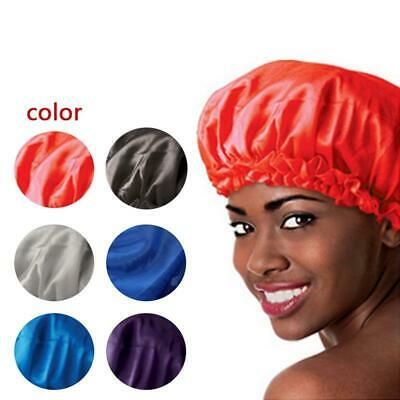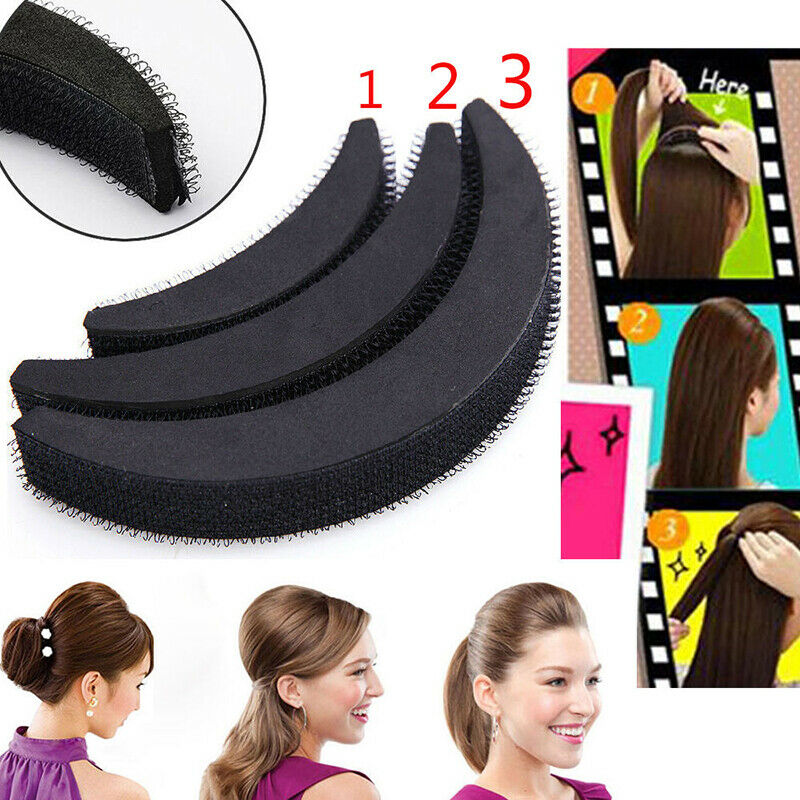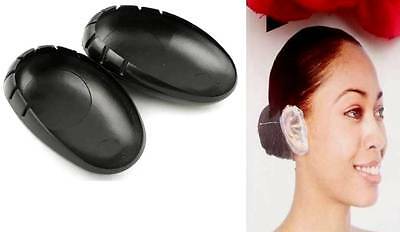-40%
DreadHeadHQ Lock Docta for Dreadlocks
$ 5.27
- Description
- Size Guide
Description
Introducing the Dread Head Lock Docta...In short, the Lock Docta is a new type of dread tool that solves several dreadlocks problems and makes some things possible that were never really possible before.
Have you ever wanted to remove loops and zig-zags from mature dreads? It was nearly impossible before, now it's quick and easy.
Ever wanted to smooth out some really serious bumps? Not a problem, the Docta has got it covered.
Do you have fine hair sticking off the surface of your dreads that you wish you could push in? Let the Docta show you how it's done.
The best part is, this stuff is easy to do! Fun even, and, as I'm sure you can imagine, it's even more fun to see the end result!
Check out the videos below to see the Lock Docta in action!
Important: With all great power comes great responsibility. Always use the Lock Docta as instructed. Incorrect use may cause death, injury, or it could even damage your dreadlocks. Please be sure to read the instructions below before using your Lock-Docta to ensure a safe and productive poking experience for you and your dreadies!!
Lock Docta instructions:
The Lock-Docta has tiny little hooks on the sides of the poker. These grab hair and push them into the dread, just a few hairs at a time. In this way it can be used to push hair from the surface into the dread.
If the dread is poked repeatedly in one area the hooks will begin to release some of the hair on the inside of the dread, this is easy to avoid if it's not what you're going for but in some situations it can be done on purpose and it allows The Lock-Docta to fix things that would otherwise would be un-fixable, like large bumps and zig-zags that are held in place by hair running through the center of the dread.
To smooth the body of the dreads reducing small hairs on the surface:
Some people trim the hair on the surface of the dread but pushing it into the dread with the Lock Docta is far more permanent. Gently poke the hairs directly into the body of the dread. The tool won't need to penetrate the dread very far. A short distance will get the hair lodged in the dread. It may take around 10 minutes to do each dread but the pay off is pretty impressive. As with other Lock Docta fixes you'll want to wait until the dread has finished locking and had some time to mature before you push in the loose hair.
Removing bumps, loops and zig-zags:
Bumps, loops and zig-zags are different manifestations of the same problem. The hair in the dread locks un-evenly. As the dread tightens it pulls the dread together too much in one spot, the extra hair gets squeezed off to the side, as in a loop or zig-zag, or it pulls straight into itself, resulting in a wider area or a bump. The same hair that caused the parts to pull together unevenly will continue to keep the hair in this position as it continues to lock and tighten.
Also in loops, and sometimes in zig-zags, you have undreaded hair that sticks off of the dread. This needs to be pushed back into the dread to give it a smooth shape. Just poke it directly into the dread with the Lock-Docta. Poke into the center of the dread and prevent the dread from turning as the tool pushes in. Keep some downward tension on the dread when working on zig-zags. This will help straighten them out as you work and you can see the progress. Palm roll the dread vigorously for one minute after you're done.
Because you will be poking in the same spot repeatedly (10-15 pokes should take care of the loose hair in most cases) some of the hairs inside the dread, that were under tension, will release during this poking. This allows the dread to relax and stretch out. After the dread adjusts, loose hair inside the dread will find it's proper location and many hairs will work themselves tightly into the center of the dread after some palm rolling. Between pushing in the hair that was sticking out and allowing the insides of the dread to relax and stretch out, the bump, loop or zig-zag should nearly disappear.
With great power comes great responsibility!
Dread Safety:
The idea of releasing hair inside the dread seems to run contrary to good dread maintenance. I felt the same way, but after working with these techniques and seeing how the dreads have responded over time, it is clear that it doesn't harm the dreads if it's done responsibly. Please review the following info before using the Lock-Docta:
Dread Strength:
In general dreadlocks are much stronger than they need to be. If a section of dead has 400 hairs and 20 are released it still retains 95% of it's original strength. Unless you are stress testing your dreads to the point of breakage you'll never notice a 5% change in the strength of the dread.
Considering this fact it is easy to understand how releasing hair in very thin dreads will effect them very differently. If a section of dread only has 50 hairs and you release 20 you've cut it's strength by 40%. In this case it would be better to leave them be. For this reason the Lock-Docta is not recommended for dreads that are less than a 1/4" in diameter.
Actual Breakage and Repair:
In a worst case scenario someone may ignore all warnings and poke a dread until it's weakened to the point of breaking. If this occurred it possible to re-combine the portion of the dread that had been pulled off. With the help of some proper Lock-Doctoring the dread could be seamlessly repaired and no sign of repair would be visible. I'm not suggesting that you do this, I'm simply making the point that it is possible to make that type of repair.
Your Safety:
Avoid pricking your fingers by never poking towards a finger. Always poke away from yourself and always limit your range of motion by resting your wrist on something when you poke, and using the motion of your wrist to move the Lock-Docta. With a bit of practice you can rest the wrist of your poking arm against the wrist of the arm that's holding the dread or dreads that are being poked. Your hand will pivot like a clam shell in a very safe, consistent way.
The Lock-Docta needle is strong when it is being pushed straight into a dread but if it is bent, it will break. Always try to poke straight in and out of the dreads. Poking at the center of a dread, instead of near the edges will prevent the dread from spinning when you poke it. This is important because when the dread turns it can cause the tip of the tool to bend and possibly break.
It's important to understand that while using a Lock-Docta responsibly is safe, it' is totally possible to hurt your dreads (or your fingers) if you are careless. For this reason I can only recommend the Lock-Docta to responsible Dread Heads that have read and understand these instructions. I don't want to scare anyone but I do want to make sure that everyone has an excellent experience with this powerful new dread tool! Check out the vids below! =]











